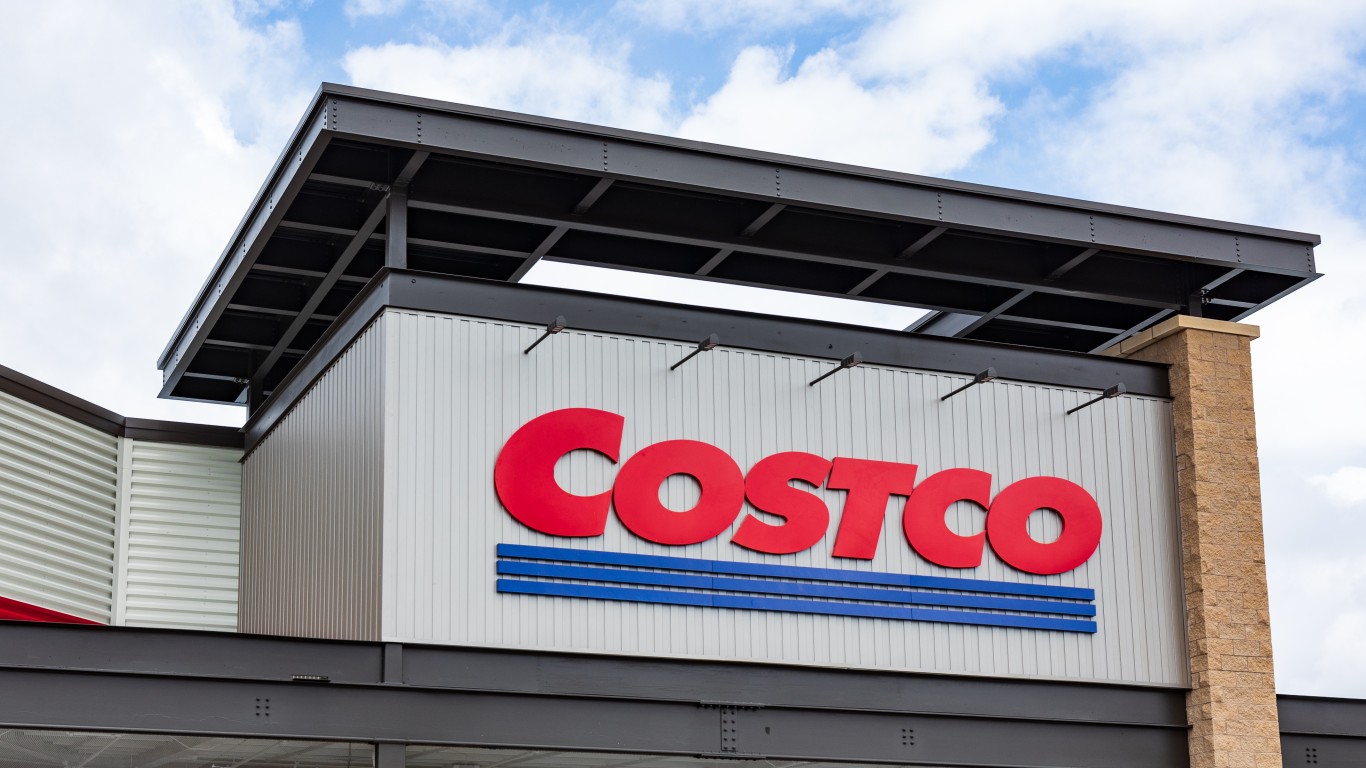In the U.S. Amazon pays its warehouse associates an average of $11.71 according to website Glassdoor.com. For a full-time employee that amounts to a little less than $24,500 annually. The total number of reports from Amazon warehouse workers is just 57, so the sample is pretty small. Thirteen employees also reported received cash bonuses averaging $1,027. Not a king’s ransom by any means, but it is higher than the wages paid by some other large U.S. employers.
Wal-Mart Stores Inc. (NYSE: WMT), which will be the target of strikes and protests on Black Friday, pays an average of $8.86 an hour according to figures at Glassdoor, or a full-time annual salary of about $18,500. Glassdoor reports that 53 employees reported receiving cash bonuses averaging $629 and 30 employees reported profit-sharing payments averaging $598. The workers who are striking against Walmart have demanded that the company raise full-time annual salaries to a minimum of $25,000, roughly what Amazon pays.
Even more poorly paid than Walmart employees are baristas at Starbucks Corp. (NASDAQ: SBUX), where the reported hourly wage is $8.81. Tips add another $1,600 or so to the annual salary total, so a typical barista is probably earning about $20,000. Glassdoor.com notes that 4 employees received an average bonus of $882. That’s out of 230 reports filed with the company.
Voters in the state of Washington earlier in November approved a measure requiring businesses at the SeaTac airport to pay a minimum wage of $15 an hour. Both Amazon and Starbucks are headquartered in Seattle, so this vote could add a little pressure on both companies to increase pay for lower level employees.
Amazon has never held any collective bargaining sessions with any union or group of employees anywhere, at any time and very likely never will. The company already makes only the tiniest of profits when it makes any profit at all. Could the company’s U.S. workers strike? Sure, but there’s been no hint of union organizing in the U.S. and the reason for striking would certainly be different from that used by the German workers.
What could tip the balance is any movement by Walmart either to recognize a union or to raise wages. That is so unlikely at this point as to be virtually inconceivable. But stranger things have happened.
Get Ready To Retire (Sponsored)
Start by taking a quick retirement quiz from SmartAsset that will match you with up to 3 financial advisors that serve your area and beyond in 5 minutes, or less.
Each advisor has been vetted by SmartAsset and is held to a fiduciary standard to act in your best interests.
Here’s how it works:
1. Answer SmartAsset advisor match quiz
2. Review your pre-screened matches at your leisure. Check out the advisors’ profiles.
3. Speak with advisors at no cost to you. Have an introductory call on the phone or introduction in person and choose whom to work with in the future
Thank you for reading! Have some feedback for us?
Contact the 24/7 Wall St. editorial team.



